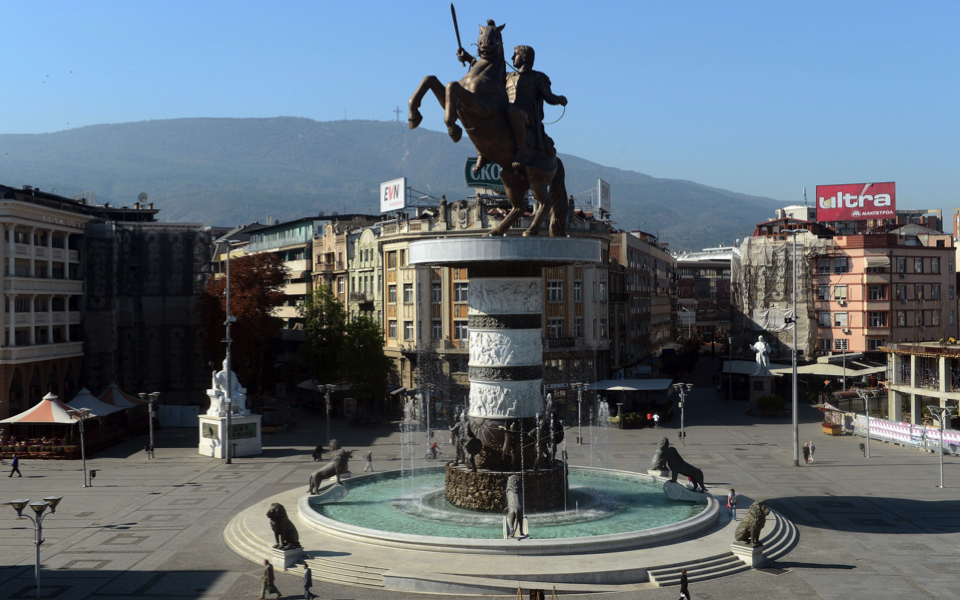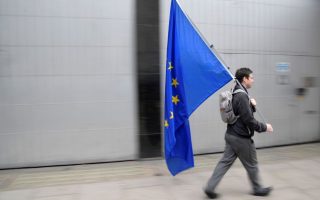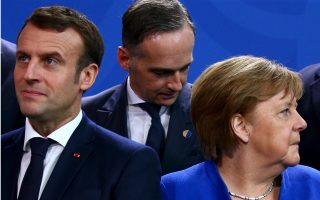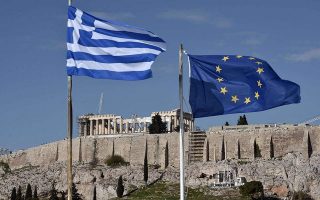Greece’s neighbors and EU expansion

The foreign ministers of European Union candidate countries in the Western Balkans will meet in Greece’s northern port city of Thessaloniki on Monday. The foreign ministers of EU members Croatia (which currently holds the bloc’s rotating presidency), Romania and Bulgaria will also be present. Talks are set to focus on the prospects of six candidate countries – North Macedonia, Albania, Serbia, Montenegro, Bosnia-Herzegovina and Kosovo – in the light of French President Emmanuel Macron’s recent shift on the issue of EU expansion.
Satisfied about the fact that new Commission rules will include “conditionality” and “reversibility” in the enlargement process, Macron appeared willing to lift the veto and green-light talks with Skopje and Tirana, provided that the Commission gives a positive recommendation in March. After the informal meeting of European Council President Charles Michel with six Western Balkan leaders (which was attended by European Commission President Ursula von der Leyen) with the aim of conducting a “frank, intense, and open discussion,” the initiative is now in Greek hands.
Meanwhile, the pressure is shifting on candidate countries, primarily North Macedonia and Albania. Furthermore, if Brussels officials were in the past likely to turn a blind eye when candidates fell short of membership criteria all in the name of geopolitics, this is no longer the case.
European leaders are under pressure from their taxpayers who are reluctant to support troublesome economies like those in the Western Balkans.
Macron’s push for stricter accession rules frustrated Western Balkan governments as they felt that the EU was closing the door on them, but it was a step in the right direction nonetheless. The ball is now in the court of candidate countries, which must go to lengths to implement the required reforms. This will not be an easy task, as their societies are mired in corruption and organized crime.
However, there is no other way. Greece must be clear on this when the foreign ministers meet in Thessaloniki where the Balkan countries’ long journey to the EU began back in 2003.





